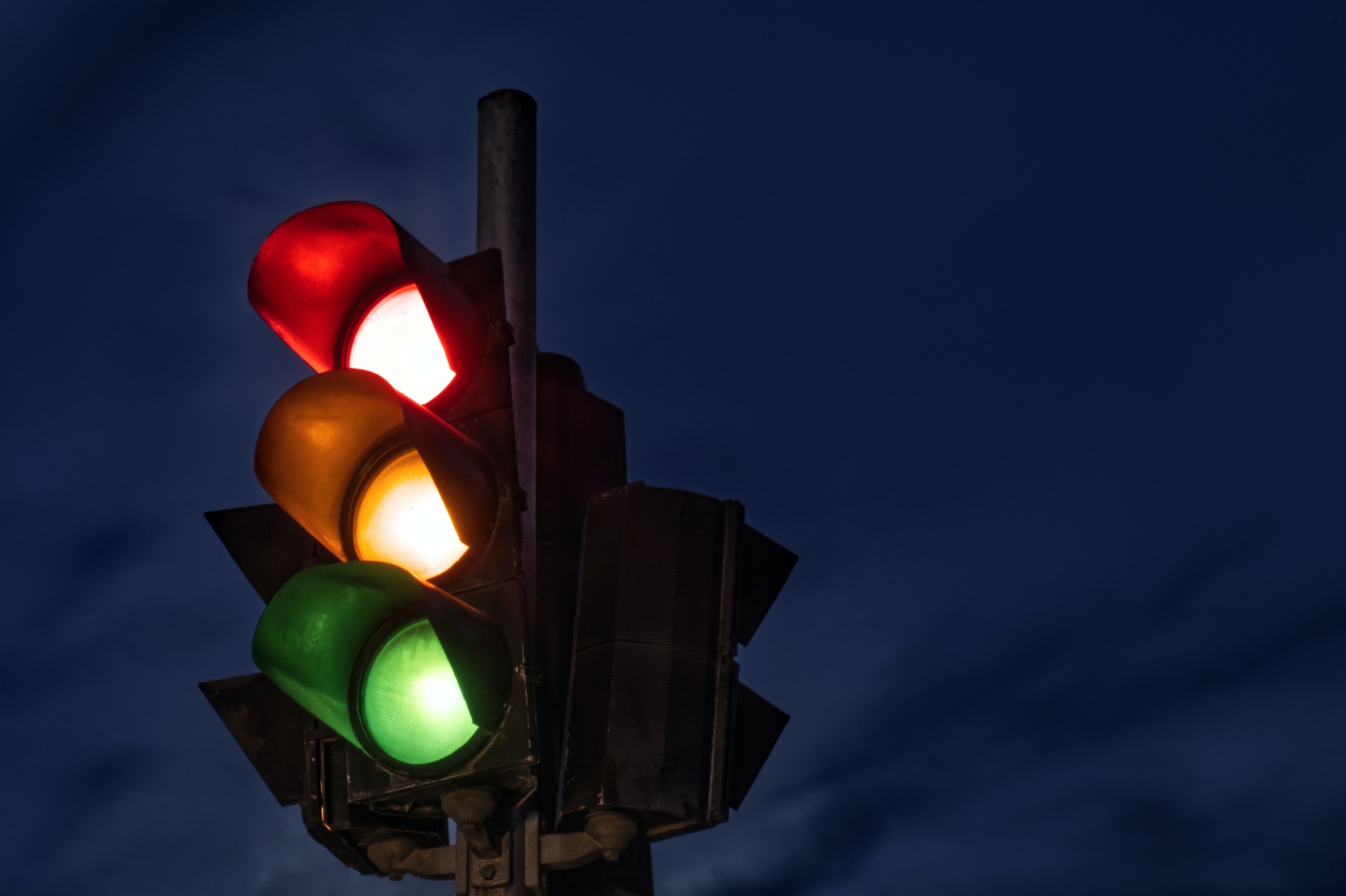Jeremy Frank & Associates has several therapists, male and female, who are now available to provide teleconference video therapy (aka ‘teletherapy’) with the simplest platforms including Zoom, doxy.me, and others which are HIPAA compliant. All you need is an internet connection and some privacy. Please don’t hesitate to call us to see how easily it works.
As counties across the country call for non-essential businesses to temporarily close their doors, I wonder how essential it is to continue with or pursue therapy right now. How do we practice and sustain good mental health in a 24-hour news cycle taken over by COVID-19?
If anyone reading this has experienced increased anxiety in the last few weeks, this is a normal, healthy response to unexpected stressors. Some amount of stress in higher risk environments is good for us — it helps us to protect ourselves from harm. We have become vigilant about frequent and thorough handwashing (20 seconds, scrubbing between fingers, warm water, plenty of soap).
But when do we cross the line from healthy stress to unhelpful anxiety? Anxiety researchers have found that there are optimum amounts of anxiety. Too little anxiety leaves people unmotivated and they may not practice, rehearse, plan or be vigilant. Too much anxiety can be paralyzing and leave people unable to make decisions or act. The right amount of anxiety can be motivating and can propel individuals into action to protect themselves and others and to accomplish what needs to get done.
Dealing with our own personal lives, emotions, and mental health can be challenging enough without COVID-19, and reaching out for help can be a very vulnerable thing to do. It can be especially important to do so during stressful and unusual times. For anyone practicing self-quarantine or reducing trips to public spaces, teletherapy is a way to talk in-depth with a therapist so that you don’t have to go it alone. Social distancing does not have to result in social isolation.
Sometimes in times of stress, we lean heavily on old coping mechanisms, even if they are ultimately unhelpful. Using alcohol and drugs to manage difficult feelings and worry, while helpful at the moment, has the potential to make those emotions more difficult to feel once the intoxication wears off. One study concluded that people abusing substances were less able to tolerate distress than people who did not. Further, the use of drugs and alcohol can weaken the immune system. Especially for people who rely on smoking as a form of stress relief, now is a good time to practice healthy coping and protect your lungs.
The old adage that “desperate times call for desperate measures” might explain the line out the door of the local beer distributor with people toting multiple cases of coronavirus. I would revise this: difficult times call for good self-care.
- Go for a walk.
- Call a friend.
- Write a journal entry about how you are feeling.
- Dance by yourself to loud music at home.
- Write a letter to someone in your life who isn’t expecting it.
- Make a collage, doodle, color or paint.
- Take a break, close your eyes, and take 5 or 10 deep breaths – deep breathing releases natural hormones to counter adrenaline and help calm our fight or flight response.
- Look out for negative thoughts. If I tell myself everything is terrible, I will feel like everything is terrible whether it is or not.
- Tell yourself something positive, like “I am going to be ok.” We are so susceptible to messages we hear, it is easy to internalize the voice of panic. We have the ability to catch this and be a voice of reassurance. We can soothe ourselves when we try.
- Most importantly, recognize how you are feeling. When we are aware of our emotions we have the choice to take care of ourselves rather than letting our difficult emotions dictate our behavior.
- If you feel overwhelmed and like you need help, ask for help.
We have therapists, both male and female, with different specialties, and are available for teletherapy phone sessions, video, and Skype-like sessions (we use HIPAA compliant easy and free programs) as well as ongoing face to face sessions at our office in Bala Cynwyd. Whether you are looking for ongoing therapy or someone to talk to for the short term who can listen and help navigate getting through strange and difficult times, working with a therapist can be a self-respecting alternative to self-medicating.
Jacob Brennan, MA, LPC is a PA Licensed Professional Counselor in the greater Philadelphia area including Jenkintown, and an associate with Jeremy Frank Associates in Bala Cynwyd. He specializes in substance use and harm reduction treatment, psychodynamic depth work, and other mental health issues. He is currently training as a dance movement therapist.



